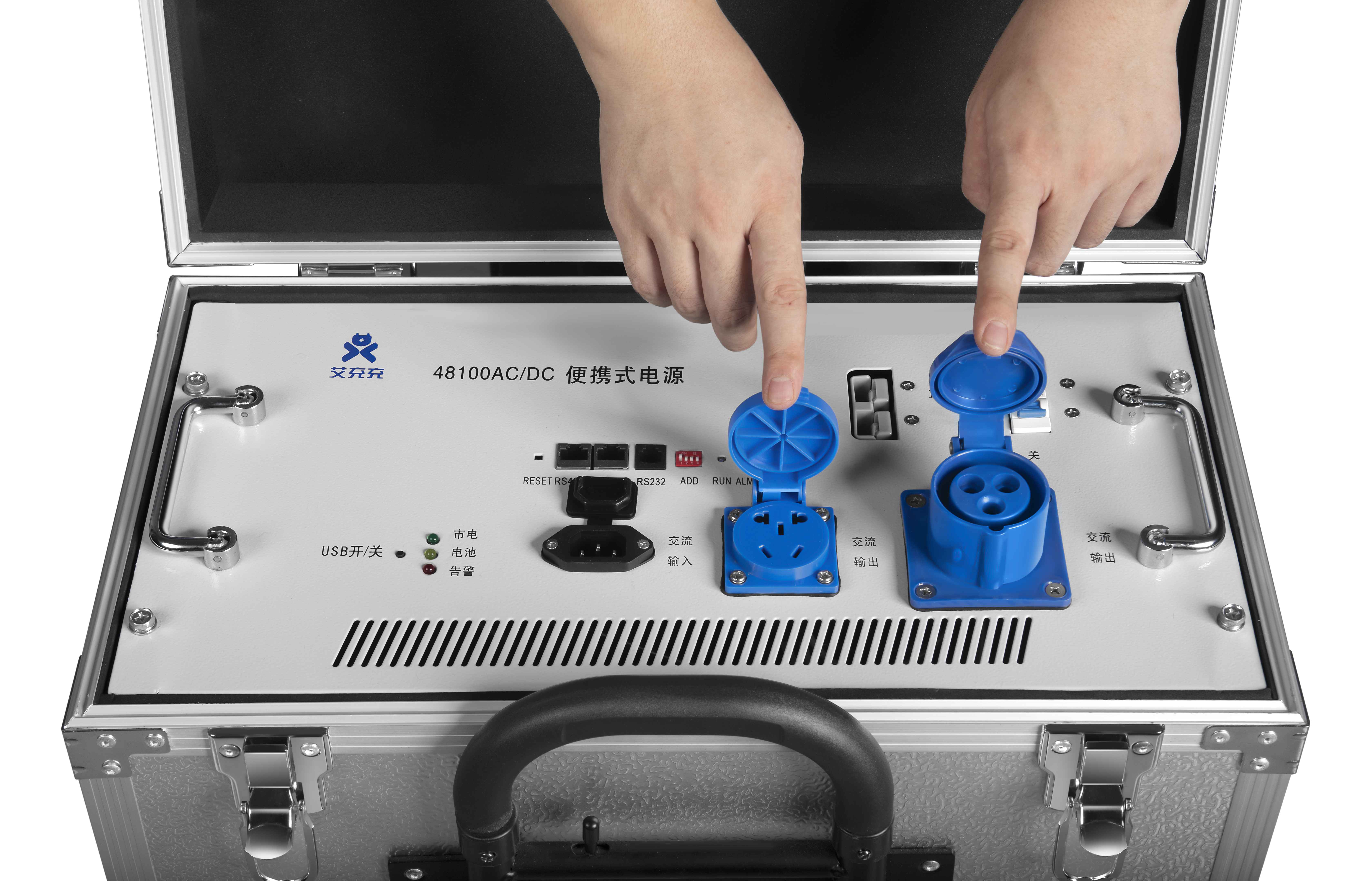
Nov . 09, 2024 08:36 Back to list
Top Suppliers in Energy Storage Technology for Sustainable Solutions
The Landscape of Energy Storage Technology Suppliers
As the demand for renewable energy continues to surge globally, the role of energy storage technology has become increasingly prominent. Energy storage systems (ESS) not only enhance the reliability and stability of power grids but also facilitate the efficient integration of variable renewable energy sources such as solar and wind. This article explores the current landscape of energy storage technology suppliers, including the types of technologies available and key players in the market.
The Need for Energy Storage
With the increasing penetration of renewables, energy storage has emerged as a critical solution to address the intermittency of these energy sources. Energy storage systems allow for the capturing of excess energy generated during peak production times and release it during periods of high demand or low generation. This ability to balance supply and demand is vital to ensuring grid stability and reliability.
Key Technologies in Energy Storage
Energy storage technologies can be broadly categorized into several types
1. Battery Energy Storage Systems (BESS) The most widely adopted technology, batteries offer flexibility and scalability. Lithium-ion batteries dominate the market due to their high energy density, efficiency, and declining costs. Other battery types, such as lead-acid, flow batteries, and sodium-sulfur batteries, are also gaining traction for specific applications.
2. Pumped Hydro Storage This traditional technology involves storing energy by pumping water to higher elevations during low electricity demand and releasing it to generate electricity during peak demand. Despite its site-specific nature and high upfront costs, pumped hydro remains the largest global storage technology by capacity.
3. Compressed Air Energy Storage (CAES) CAES systems store energy in the form of compressed air, which can later be heated and expanded to drive turbines for electricity generation. This technology is beneficial for large-scale storage needs, although it is less common than batteries and pumped hydro.
4. Flywheels Flywheels store kinetic energy using a rotating mass, offering rapid response times and high power densities. They are predominantly used for short-duration energy storage and grid stabilization applications.
energy storage technology suppliers

5. Thermal Energy Storage This technology involves storing energy in the form of heat, which can be later converted to electricity or used for direct heating applications. Thermal storage systems are increasingly utilized in conjunction with concentrated solar power plants.
Leading Suppliers in the Market
The energy storage technology landscape features a mix of established companies and innovative startups. Some notable suppliers include
- Tesla Known for its lithium-ion battery technology, Tesla's energy storage products—like the Powerwall and Powerpack—have gained significant market share, especially in residential and commercial applications.
- LG Energy Solution A major player in battery manufacturing, LG provides high-performance lithium-ion batteries for various applications, including electric vehicles and grid storage.
- Siemens With a comprehensive portfolio in energy management, Siemens offers solutions that integrate energy storage with grid technology, enhancing system efficiency.
- Fluence A joint venture between Siemens and AES, Fluence specializes in grid-scale energy storage solutions, providing advanced software and hardware to optimize storage systems.
- BYD A leading Chinese manufacturer, BYD produces a variety of battery technologies and is a significant player in both the electric vehicle and energy storage market.
Conclusion
The energy storage technology sector is rapidly evolving, driven by advancements in battery technology, increasing demand for renewable energy, and the urgent need for grid stability. Suppliers are adapting to changing market conditions and technological developments, leading to greater efficiency, lower costs, and innovative solutions. As the world transitions to a more sustainable energy future, the role of energy storage technology and its suppliers will undoubtedly become more vital—a crucial element in enabling a reliable, resilient energy ecosystem.
-
Advanced AI Energy Management with GPT-4 Turbo
NewsAug.02,2025
-
AI-Powered EMS with GPT-4-Turbo | Efficiency Boost
NewsAug.01,2025
-
Optimized Storage System for GPT-4-Turbo | High Performance
NewsJul.31,2025
-
AI Energy Management System w/ GPT-4 Turbo Efficiency
NewsJul.31,2025
-
High-Performance Energy Storage System for Reliable Power Solutions
NewsJul.30,2025
-
Advanced EMS Solutions for Energy Management System & Storage Battery Companies
NewsJul.29,2025























